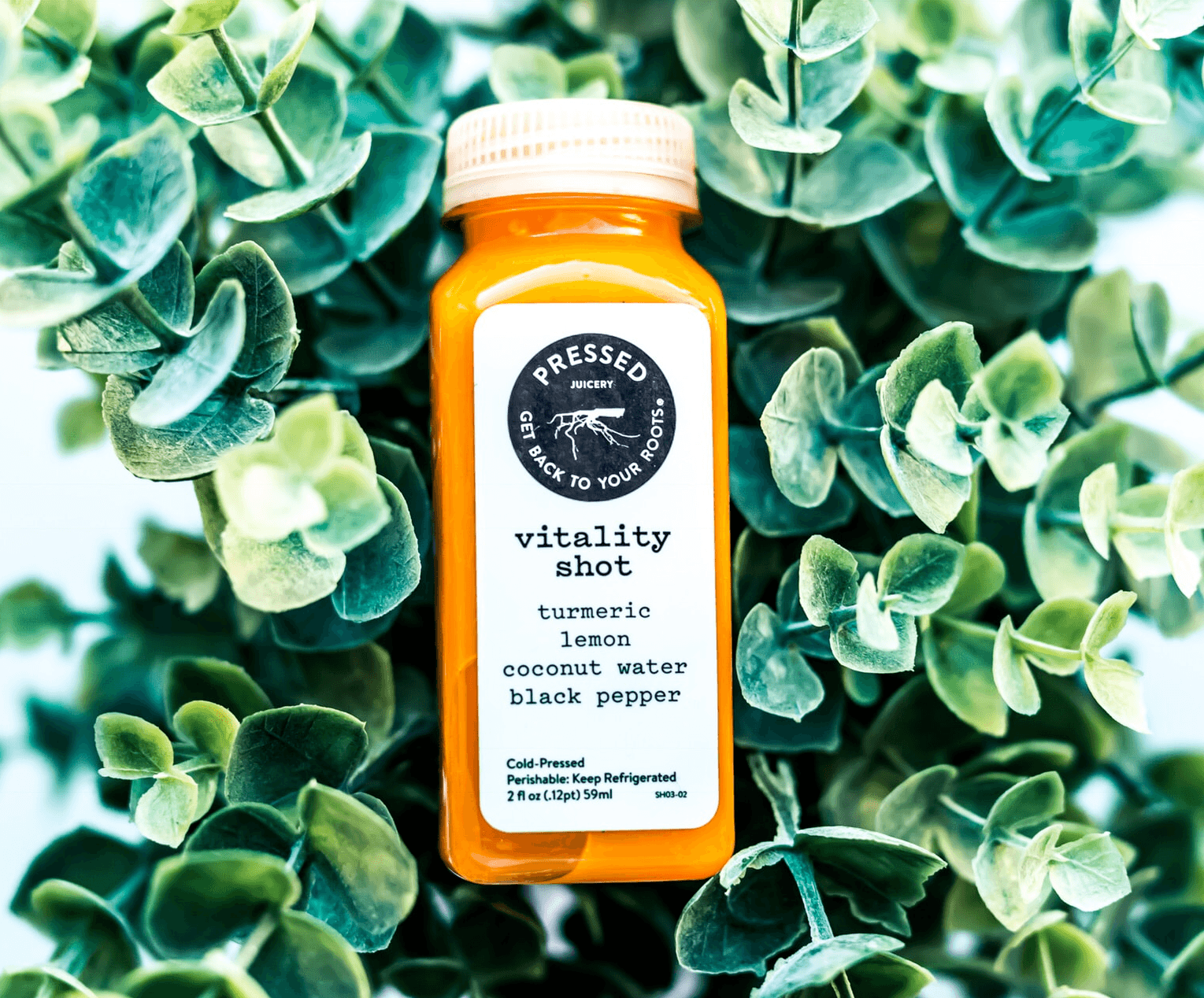If you’re not a fan of Indian food, health researchers have been experiencing health breakthroughs that might make you rethink adding curry into your diet.
Turmeric, a mustard-yellow spice from Asia that is a spice often used in yellow curry, is being linked to everything from less inflammation to fighting cancer. And it’s worth your attention.
The spice gets its coloring from a compound called curcumin, which is the real secret behind all of the alleged health benefits of turmeric. The University of Maryland Medical Center found that curcumin can help to improve chronic pain by suppressing inflammatory chemicals in the body, an additional study found that it reduces pain in those with osteoarthritis.
Before you start making curry or bombing turmeric/curcumin shots at your local juice bar, there are a few things you need to know. (You always know a trend is hot when coffee shops are testing it in their fancy drinks and you’ll see “golden milk” products everywhere.)

When it comes to turmeric, there’s a bit of a bait-and-switch effect. Just because something is good does not mean that any amount will make you feel better. Curcumin can work, but like any supplement, how you take it — and how much you use — matters most.
The Benefits of Turmeric (And Curcumin)
Research on curcumin is making it harder and harder to deny its benefits. Most supplements are as reliable as my Magic 8-ball. (Everyone under 30 is currently Googling “What is a Magic 8-ball?”). Lots of hype, but once tested under the rigors (and typically unbiased nature) of science, the outlook is not so good.
But, that’s where curcumin is breaking the mold.
There’s already substantial research showing curcumin can help with everything from inflammation, to fighting pain (as effective as 2000 mg of acetaminophen), and might be effective at helping prevent diseases like prostate cancer.
A team of Chinese researchers performed a meta-analysis of randomized controlled trials to assess curcumin’s effect on blood lipids of people at risk for cardiovascular disease and found that curcumin significantly lowered low-density lipoproteins (the “bad” cholesterol) and triglycerides (another thing that most people want less of in their bloodstream).
How to Use Turmeric (And Curcumin)
The catch with the benefits above? Sprinkling turmeric (as a means of getting curcumin) into your coffee, on your meals, or eating more Indian food is not going to make a big impact. That’s like sprinkling fairy dust on your shoulders and thinking you’ll grow wings and fly (sorry, but it’s true).
The potency of what is tested in the research is not anywhere near what you would add to your favorite dish or latte.
If you want any benefit from curcumin, you’ll need to take a concentrated dose of anywhere from 500 mg (for lowering triglycerides) to 2,000 mg (reducing pain, similar to taking Tylenol), depending on what aspect of your health you’re trying to improve.
And, unless you’re using an entire container of turmeric spice in your meal, you won’t get anywhere near that from food.
Just as important, the absorption of curcumin in turmeric is very poor. That doesn’t mean all hope is lost, but it does mean you need to take with specific foods or add additional ingredients to help your body experience all of the benefits.
The “easy button?” Instead of eating or drinking turmeric, take an extract that has exactly what your body needs.
According to examine.com, here’s what you can do to maximize the effectiveness of curcumin:
- To supplement curcumin with piperine, take 500 mg of the former with 20 mg of the latter, thrice a day (i.e., 1,500 mg of curcumin and 60 mg of piperine per day).
- To supplement BCM-95®, a patented combination of curcumin and essential oils, take 500 mg twice a day (i.e., 1,000 mg/day).
- To supplement Meriva®, a patented combination of curcumin and soy lecithin, take 200–500 mg twice a day (i.e., 400–1,000 mg/day).

Adam Bornstein is a New York Times bestselling author and the author of You Can’t Screw This Up. He is the founder of Born Fitness, and the co-founder of Arnold’s Pump Club (with Arnold Schwarzenegger) and Pen Name Consulting. An award-winning writer and editor, Bornstein was previously the Chief Nutrition Officer for Ladder, the Fitness and Nutrition editor for Men’s Health, Editorial Director at LIVESTRONG.com, and a columnist for SHAPE, Men’s Fitness, and Muscle & Fitness. He’s also a nutrition and fitness advisor for LeBron James, Cindy Crawford, Lindsey Vonn, and Arnold Schwarzenegger. According to The Huffington Post, Bornstein is “one of the most inspiring sources in all of health and fitness.” His work has been featured in dozens of publications, including The New York Times, Fast Company, ESPN, and GQ, and he’s appeared on Good Morning America, The Today Show, and E! News.
I love the cultural of the India.
Where can one purchase this BCM-95 ?
Hey Yvonne — You can find this online at most supplement stores or even Amazon.